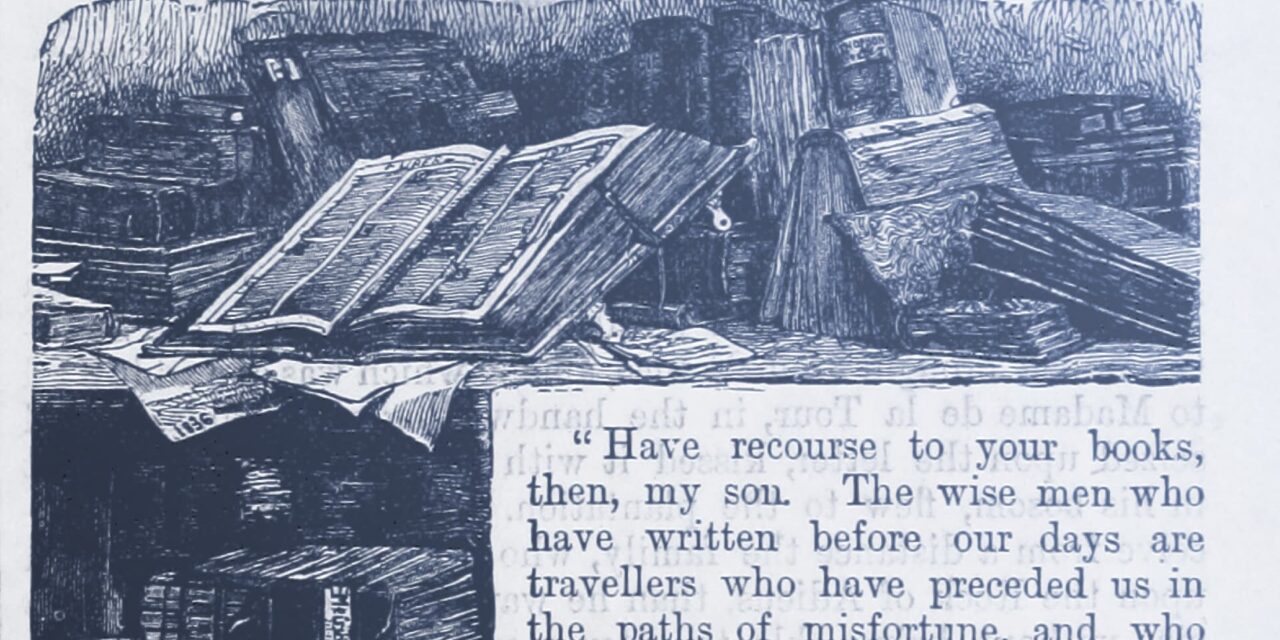
Why does genre matter?

“I don’t know what genre my book is going to be. Is it really that important to know?”
Genre is an essential concept that every creative writer should understand and embrace. But what exactly is it, and why is it so important? That’s a question that almost every writer will ask themselves at some point.
In simple terms, genre refers to the classification of literary works based on their shared characteristics, such as style, form, content, and theme. It’s the label that tells readers what to expect from a particular book, helps you target the right audience for your work, and also allows for relevant marketing to make sure you set your work up for success.
But genre is more than just a label. Understanding genre is a powerful tool that can help you write brilliant stories, connect with your target readers, and increase your chances of publication. By understanding the conventions and expectations of your chosen genre, you can structure your story, develop your characters, subvert expectations, and create a satisfying reading experience for your audience.
What is genre?
In short, genre is the categorisation of literary works based on their shared characteristics, such as style, form, content, and theme. It can, unfortunately, also be somewhat intangible, as there is a lot of overlap between them. For instance, Fiction, Non-Fiction, Poetry, and Drama are all genres, but they include stylistic subgenres within them, like novels, short stories, essays, sonnets, and plays. On top of that, they will also cover themed genres like romance, science fiction, fantasy, memoir, and horror.
Some age categories have also become nebulously entwined with genre. Young Adult fiction (YA), for instance, is traditionally an age range and not a genre. However, many readers will refer to it as they would a genre, as for them, the age range evokes a certain style of writing that speaks to them.
There is also no strict genre line that writes can’t cross. Books can implement a variety of genres in their narratives. Popular pairings might include romance and fantasy, science fiction and horror, fantasy and memoir, and science fiction and thriller/mystery.
There may also be genre elements included in works that don’t share that genre. For instance, a romance subplot does not automatically place a book in the romance genre. It’s really all about the main theme and style of what you’re writing, and understanding what you’re trying to say within the context of other works within that genre.
Why is genre important?
To guide your writing process
Understanding the conventions and expectations of your chosen genre can help guide your writing process. Each genre has its own set of rules, tropes, and reader expectations. For instance, a romance novel typically focuses on the development of a romantic relationship between the main characters, while a mystery novel centers around solving a crime or unraveling a puzzle.
Familiarising yourself with the key elements of your genre can help you structure your story and develop your characters in a way that your readers can connect with. They’ll understand how to approach your book when picking it up, ensuring that they view your writing through the correct lens.
Connecting with your audience
Genre helps you identify and connect with your target audience. Readers often gravitate towards specific genres based on their interests and preferences. By writing within a particular genre, you can attract readers who are already interested in the type of story you’re telling.
Moreover, understanding your readers’ expectations allows you to write in a way that will resonate with them emotionally. You can tap into the themes, tropes, and emotional beats that your readers crave, creating a stronger connection between them and your work.
Readers have their own tastes, so it’s important to write in a way that caters to the tastes of the audience you want to cultivate. Even if your audience is niche, they will still have things they will expect from that niche. Every book has an audience, so it’s all about finding them and speaking to them directly.
Marketability and publishing
In the publishing world, genre plays a significant role in how books are marketed and sold. Publishers, agents, and booksellers often categorise books by genre to help readers find the stories they’re looking for.
When you have a clear understanding of your genre and can effectively communicate it to others, you increase your chances of getting your work noticed by industry professionals. It also helps you identify the right markets, publishers, and literary agents who specialize in your genre, increasing your opportunities for publication.
But most of all, it helps you market your book to the right people. There’s a lot that goes into marketing, and it’s not just advertising. Blurbs, book covers, and the way you talk about your work all feed into how readers will receive it. If you’ve written a grimdark horror novel but talk about the romance elements when describing it, you’ll attract the wrong sort of reader who might not connect with your book. You want to reach the right readers who are already primed to enjoy what you’re putting out into the world. It’s all about marketing to your audience.
Subvert and blend genres
While understanding genre conventions is important, it doesn’t mean you have to be confined by them. Many successful writers have made their mark by subverting genre expectations or blending multiple genres to create something unique and fresh.
By having a strong grasp of genre, you can identify opportunities to break the rules, challenge conventions, and put your own creative spin on familiar tropes. This can help your work stand out in a crowded market and attract readers who are looking for something different or leave your readers with a book they’ll continue thinking about for years to come.
How to embrace genre
Now that you understand the importance of genre, how can you embrace it in your own writing? Here are a few tips:
- Read widely within your chosen genre to familiarise yourself with its conventions, tropes, and reader expectations.
- Analyse successful books in your genre to identify what works well and why.
- Experiment with different genres to find the one that resonates with your writing style and interests.
- Consider your target audience and what they’re looking for in a story.
- Don’t be afraid to subvert genre expectations or blend genres in unique ways.
Remember, genre is not a limitation but a tool to help you write and connect with your readers. By understanding and embracing genre, you’ll learn to write with purpose, and improve your technique, all in aid of reaching the audience who are most likely to connect with your work.





























